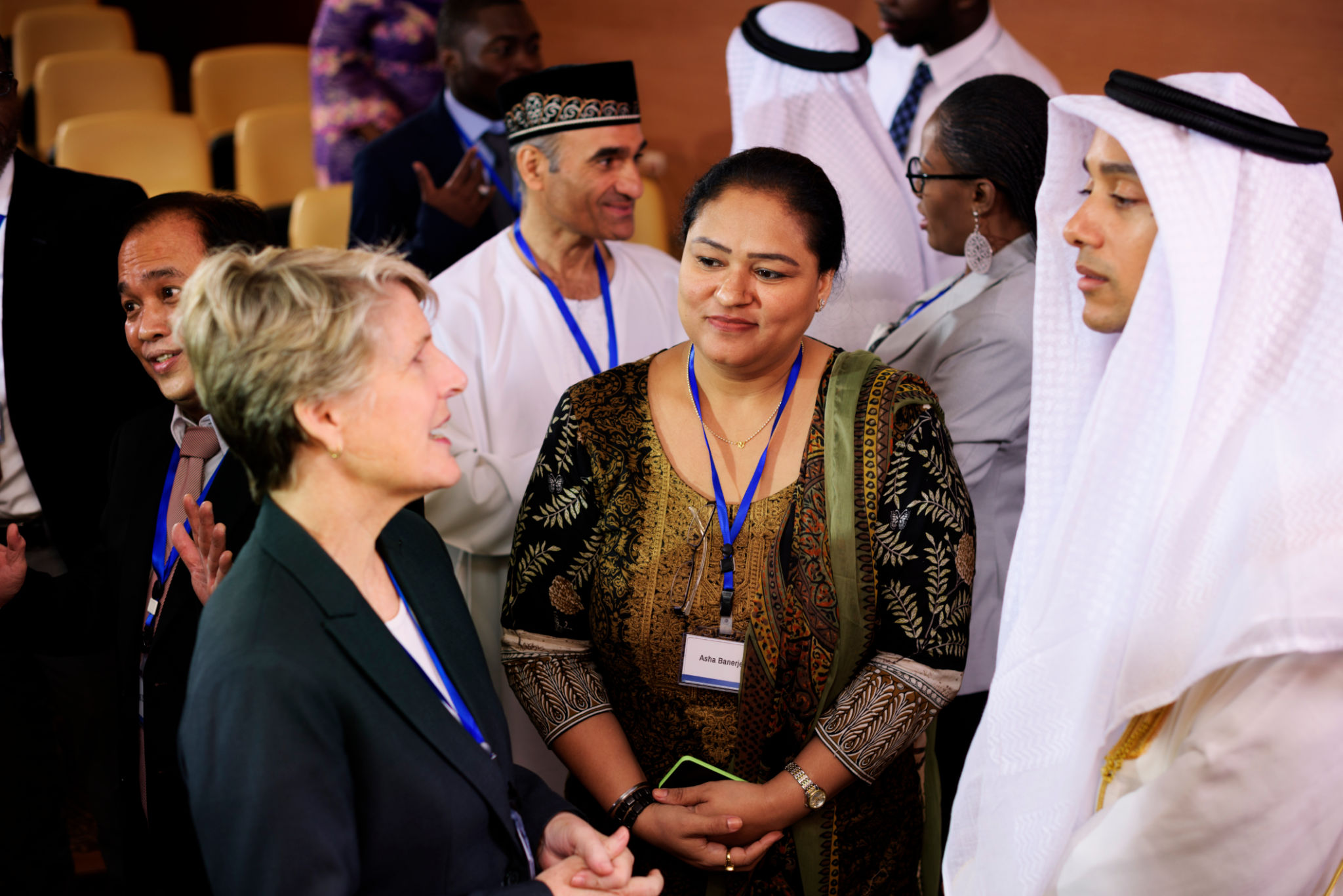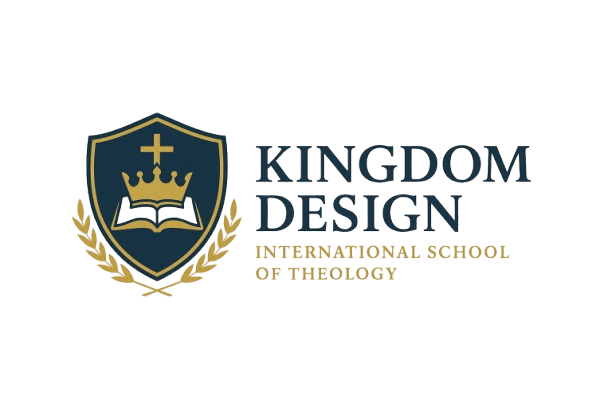The Future of Theology: Emerging Trends and Their Impact on Christian Education
Understanding the Shifts in Theological Studies
The field of theology is undergoing significant transformation, influenced by cultural shifts, technological advancements, and evolving social dynamics. These changes are shaping how theology is studied and taught, particularly within Christian education. As we look towards the future, it's essential to explore these emerging trends and their potential impacts.
One of the most notable shifts is the increasing intersection between technology and theology. Digital tools are not only changing how theological education is delivered but also how it is accessed. Online courses and digital libraries provide unprecedented access to religious texts and scholarly discussions, allowing a broader audience to engage with theological studies.

The Role of Interfaith Dialogue
Interfaith dialogue is another trend gaining momentum. As societies become more culturally diverse, there is a growing need for understanding and cooperation among different faith traditions. This dialogue encourages empathy and broadens perspectives, which can significantly enrich Christian education by fostering a more inclusive approach to theological studies.
Educational institutions are increasingly incorporating interfaith studies into their curricula, providing students with the tools to navigate and contribute positively to a multi-faith world. This trend not only enhances theological understanding but also prepares students for leadership roles in diverse communities.

Embracing Social Justice and Theology
Social justice has become a critical focus within modern theology. Theologians are increasingly examining the role of religion in addressing societal issues such as inequality, poverty, and climate change. This shift is reflected in Christian education, where courses on social justice are becoming more prevalent.
By integrating social justice into theological studies, educators aim to equip students with the knowledge and skills to enact positive change. This approach encourages students to view their faith as a catalyst for social transformation, aligning religious teachings with contemporary global challenges.

The Impact of Globalization
Globalization is another factor influencing the future of theology. As globalization connects people across continents, it also leads to the exchange of religious ideas and practices. This cross-cultural interaction enriches theological discourse and introduces new perspectives into Christian education.
Educational programs are responding by offering courses that emphasize global Christianity and comparative theology, allowing students to appreciate the diverse expressions of faith worldwide. This trend towards global awareness in theological studies prepares students to engage with a rapidly changing world.

The Rise of Eco-Theology
Eco-theology is an emerging field that integrates ecological concerns with theological study. As environmental issues become more pressing, theologians are exploring how religious teachings can inform sustainable practices and foster respect for the natural world. This area of study is gaining traction within Christian education.
By focusing on eco-theology, educational institutions are encouraging students to consider the ethical implications of environmental stewardship from a faith-based perspective. This trend reflects a growing recognition of the interconnectedness between spirituality and ecological responsibility.
In conclusion, the future of theology is being shaped by various dynamic trends that are transforming Christian education. By embracing these changes, educational institutions can provide a more comprehensive and relevant theological education that prepares students for the complexities of the modern world.
